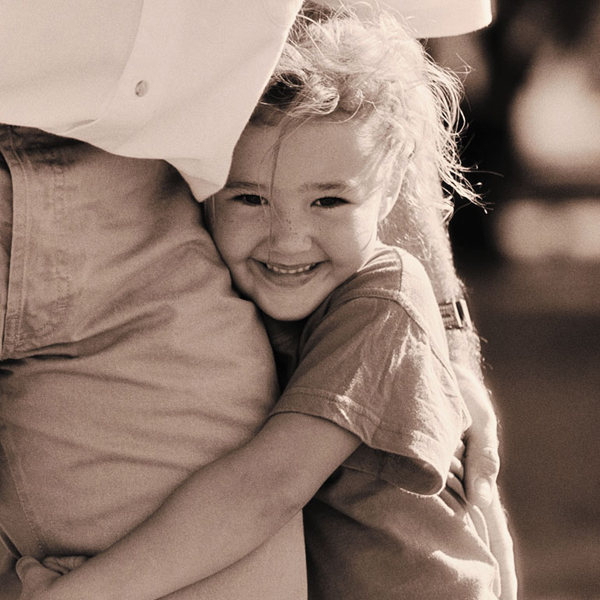Shawn, adopted from foster care at age two, seemed furious with Mary, his new mother. When she came close, he pushed her away. Shawn much preferred his father, Peter, the only one he allowed to put him to bed.
Adopted toddlers almost always become strongly attached to their parents, but a scene such as this one is not unusual in families that adopt children between the ages of one and three. Among the most difficult challenges discussed in my book, Toddler Adoption: The Weaver’s Craft, is the selective rejection of one parent.
Mom as the Enemy
When a child rejects one parent, it’s usually Mom who is shunned. Whether the child is male or female doesn’t seem to matter. When toddlers have enjoyed warm attachments with former female caregivers, they may reject Mom in order to protect their former relationship.
They dare not get close for fear of being abandoned again. Toddlers who have not enjoyed secure attachment in infancy have an even harder problem. Perhaps Mom’s voice reminds the child of an unkind caregiver. Out of fear, they rage against this new woman in their lives.
Brief Honeymoon
Initially, toddlers may react indifferently or display only superficial affection for their parents. But as the relationship intensifies, they may become increasingly hostile. For a toddler who has been hurt in the past, the trouble may start just as he begins to feel safe and to attach to his new mother. One mother speculated that perhaps what her son really hated was that he was starting to care about her.
The parent who is not the primary caregiver may not be the target of rejection. He appears safe, since he has not yet intruded on the self-defense mechanisms toddlers use to keep others at bay.
What Can Be Done?
Get support from your spouse. The reality of the rejection that Mom is experiencing needs to be acknowledged. If your significant other doesn’t sympathize, it’s hard to address the needs of your child.
Earn your child’s trust. The rejected parent must maintain a constant and consistent presence, meeting her child’s needs upon demand.
Feeding is key. Because food is so important to attachment, I strongly recommend toddlers be fed by a parent even if they prefer to feed themselves. Bottle feeding and rocking incorporate the important elements of food, touch, smiles, eye contact, and stimulation.
Maintain calm. While a toddler may not understand a parent’s words of empathy, he can tell the difference between speech that is calm, accepting, and supportive, and a voice that is harsh with anger.
Be patient. Neither punishment nor ignoring is an effective way to react to a child’s rejecting behaviors. Time-out or other forms of isolation only confirm the sense of rejection. Empathy and restraint, however, will have an impact in the long run.
Rejection of one parent is difficult to deal with, especially if you are singled out as the recipient of your child’s rage. However, there is every reason to believe that strong attachment will happen.
Remember, falling in love is a process, not an event. Tolerance usually precedes acceptance. In the years since my son came home, I have gone from persona non grata, to the object of his rage, and finally to being his beloved mama.



